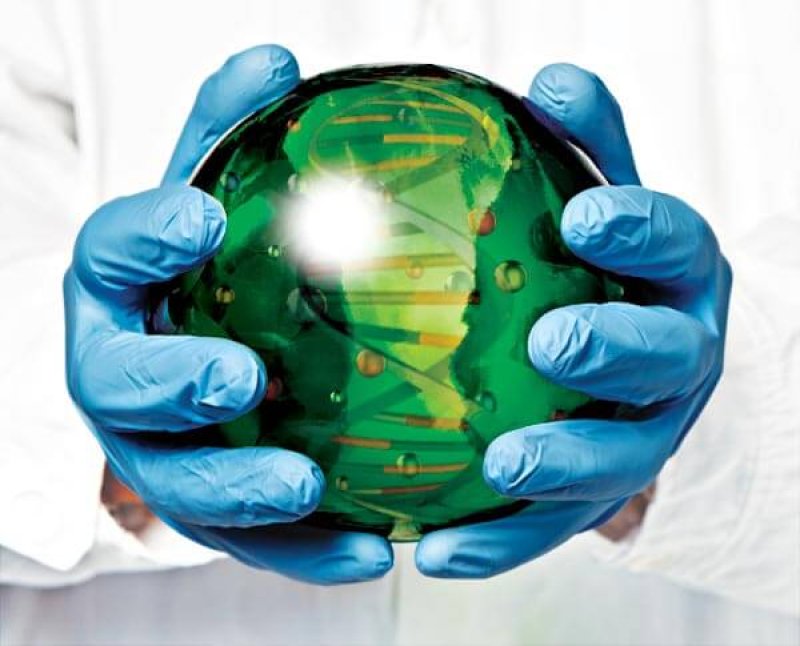…
At its core, it’s all about the selective assembly of genetic information. … Synthetic biologists aren’t just copying and pasting existing DNA from one place to another—they’re looking to figure out how specific sequences work and then putting them together into new configurations. The idea is that you can figure out what given segments of DNA do and then patch them together, much as you would with lines of computer code, effectively programming cells to behave in new ways.
[A]ward-winning student competitors in the International Genetically Engineered Machine competition have drawn on these components to enable projects that involved printing tissue, keeping fruit fresh, and protecting bees.…
Unsurprisingly, synthetic biology evokes many of the same fears that have long chased other genetically modified organisms. But realistically, a barely alive microorganism probably isn’t going to do much damage, even if it does somehow end up outside a lab.
The GLP aggregated and excerpted this blog/article to reflect the diversity of news, opinion, and analysis. Read full, original post: What Exactly Is Synthetic Biology?
For more background on the Genetic Literacy Project, read GLP on Wikipedia































